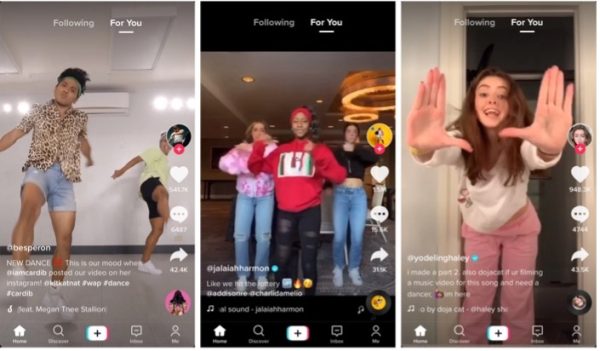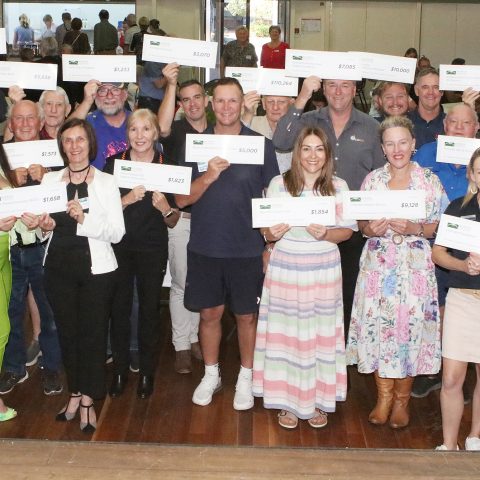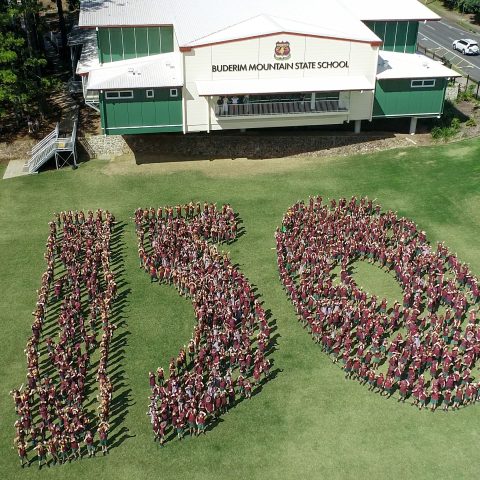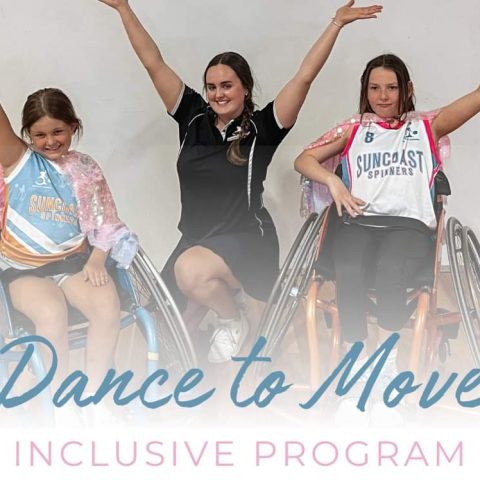Our PR Director, Michelle Smytheman, is passionate about helping emerging professionals in the communications industry and teaches at the University of the Sunshine Coast. As part of an assessment task this year, there have been some excellent blogs written by first-year students about emerging business trends. We are proud to share their work.
The new kid on the block in how we discover our music.
By Julian Kelly
 No matter how much things change, some things stay the same. Such can be said for music, which has always been, and will remain, a way for individuals and groups to establish and mould their personality. What has changed though with music, is the methods of discovering it. Gone are the days of discovering music through MTV and destroying your parent’s computer internally with platforms such as Limewire. In an increasingly technologically dependent world full of brand collaborations and influencers, the ability to discover new artists, new music, and new expressions of personality has never been easier.
No matter how much things change, some things stay the same. Such can be said for music, which has always been, and will remain, a way for individuals and groups to establish and mould their personality. What has changed though with music, is the methods of discovering it. Gone are the days of discovering music through MTV and destroying your parent’s computer internally with platforms such as Limewire. In an increasingly technologically dependent world full of brand collaborations and influencers, the ability to discover new artists, new music, and new expressions of personality has never been easier.
It is essential that when in a world where the access to millions of songs is in every person’s pocket, companies and distributors find a way to keep the discovery of music fresh and entertaining and there is no better age to do it than what we currently live in, the age of social media. Social media is the ultimate tool of expression, the ability to showcase yourself in a light that you deem fit, partner it with music, which has always been a staple of expression. Social media since its inception has been ‘marketer’s best friend’ due to being able to target individuals by utilising their likes and dislikes all while establishing an audience at a relatively low cost. For instance, Tik Tok “trends” often revolve around a “sound”, which leads to thousands, if not millions of videos being posted as the trend grows traction.
Bill Rosenblatt, president at GiantSteps Media Technology Strategies, recently discussed in an article posted to Forbes that artists have begun to change the way they write songs and choruses, opting instead to start songs with choruses or other hooks so that they can grab attention within those 15-20 seconds, in order to adapt to the market.
Social media, while playing a massive influence in the discovery of music for younger generations is not the only method popular among younger generations. Video games houses their own sound tracks and playlists featuring various artists and scores, with a study from Yougov found that while only 9% of their sample pool found music through video games, one in five consumers worldwide between 18-24 has found music via a video game. No video game has demonstrated this better than Fortnite. Fortnite has done collaborations with some of the world’s biggest musicians, such as Ariana Grande, Bruno Mars, Travis Scott and J Balvin. They have also collaborated with one of most renowned music festivals in the world, Coachella, on 2 separate occasions, and exposed their impressionable audiences to musicians as “icon characters”, which in turn promotes the discovery of their music.
The discovery of music through social media or video games is becoming easier and it all comes down to the ability for a user, a consumer, to discover music more attuned with their personality. Any social media is built on algorithms designed to generate and provide content based on yours like and accounting for your dislikes (such as the ‘not interested feature’ seen on Instagram, Facebook and TikTok.) While video games are generally purchased or played without music being accounted for, allowing for more subliminal establishment of a product, in this case music. A journal published by Strathclyde Business School, discusses how instrumental brand personality is to marketing a product, as it allows a consumer to develop a trust with the brand. For musicians, brand personality is essential, and their biggest tool aside for their actual music in the modern world. Being able to develop and market your brand can correlate with a surge of popularity which makes music more marketable, and more discoverable for a potential audience.
While radio and movies still dominate how we discover new music, there is no denying that those 15 second clips we on Facebook and TikTok, or that ‘emote’ you see your sibling or child using in their new video game, are rapidly becoming the way we discover new music. The ability and opportunity to market toward a consumer’s direct likes and interests, hijack their personality traits, and project music that would not normally have “been on their radar” will revolutionise the way music is delivered to an audience and perhaps change how music itself is created.




